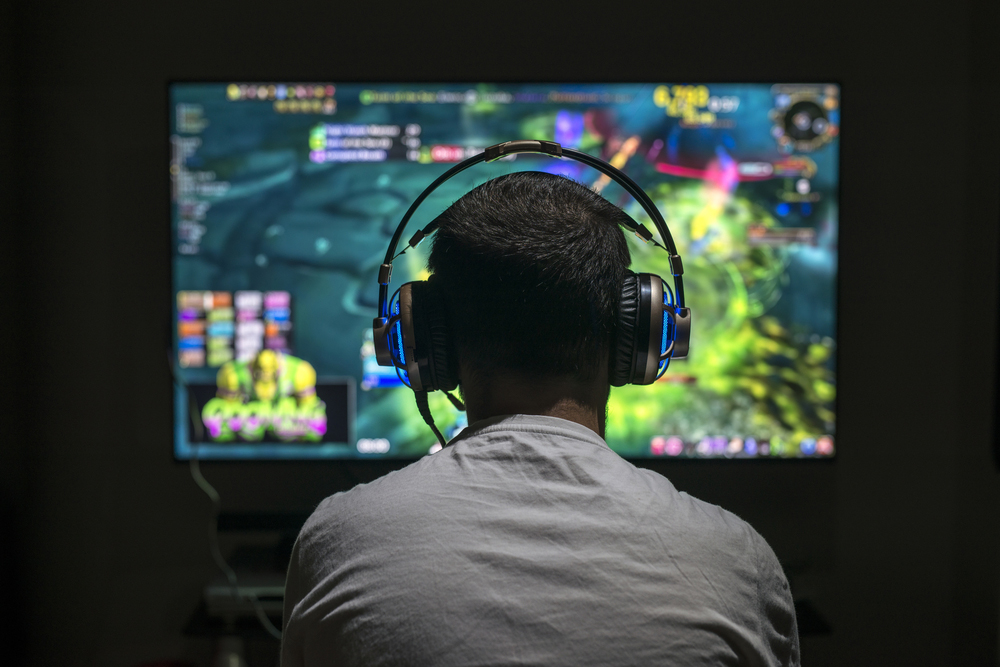Video games are a source of entertainment and relaxation for many people, and some even include a social component that allows players to connect. Internet gaming can improve problem-solving skills, creativity and patience. However, the intermittent rewards associated with online game play can cause children and adults to become over-reliant on this coping mechanism.
What Is Internet Gaming Disorder?
The American Psychiatric Association and World Health Organization recognize internet gaming disorder as a behavioral problem that can cause adverse mental health outcomes such as loneliness, depression and even suicidal ideation.
If internet gaming becomes your primary coping mechanism, you will feel a powerful pull to continue doing it, even if it causes you to neglect other aspects of your life. Like other addictive behavior, video games cause your brain to release more dopamine, causing a rush of pleasure that can become an undeniable urge. Every time you log in to play, you retrain your brain to keep coming back for more. Besides making you feel good, dopamine also helps keep you engaged and attentive, which is why it can be so challenging to tear yourself away from an immersive online game.
How to Identify Gaming Addiction
From winning a tough boss battle to solving a puzzle, video games provide constant, immediate reinforcement. Many players experience satisfaction and a sense of accomplishment in overcoming in-game objectives and obstacles. In addition, multiplayer online games add an interactive element, allowing people around the world to collaborate on quests and missions with their real-life or virtual friends. Unfortunately, the downside of playing a never-ending internet game is that it can be extremely unhealthy, leading to poor sleep and nutrition, isolation and addiction.
Some red flags of a worsening video game addiction include:
- Frequently losing track of time while gaming
- Fantasizing about video games when you are not playing them
- Spending more than you can afford on new games or in-app purchases
- Preferring to interact with people through technology, instead of in person
- Ignoring other responsibilities at home, work or school in favor of gaming
- Having relationship problems because you cannot stop playing games
- Becoming irritable or anxious when you aren’t gaming, even for brief periods
- Lying to others about how much time or money you spend on video games
- Feeling an urge to play more to achieve the same level of enjoyment
- Forgetting to eat, drink or shower while gaming
Where to Get Treatment for a Video Game Addiction
When children and adults have internet gaming disorder, the connection between technology use and pleasure can be challenging to break. You or a loved one can benefit from our outpatient tech addiction treatment program if playing video games has crossed the line between a fun hobby and a compulsion. Contact us at Pine Grove Behavioral Health and Addiction Services to request more information.

